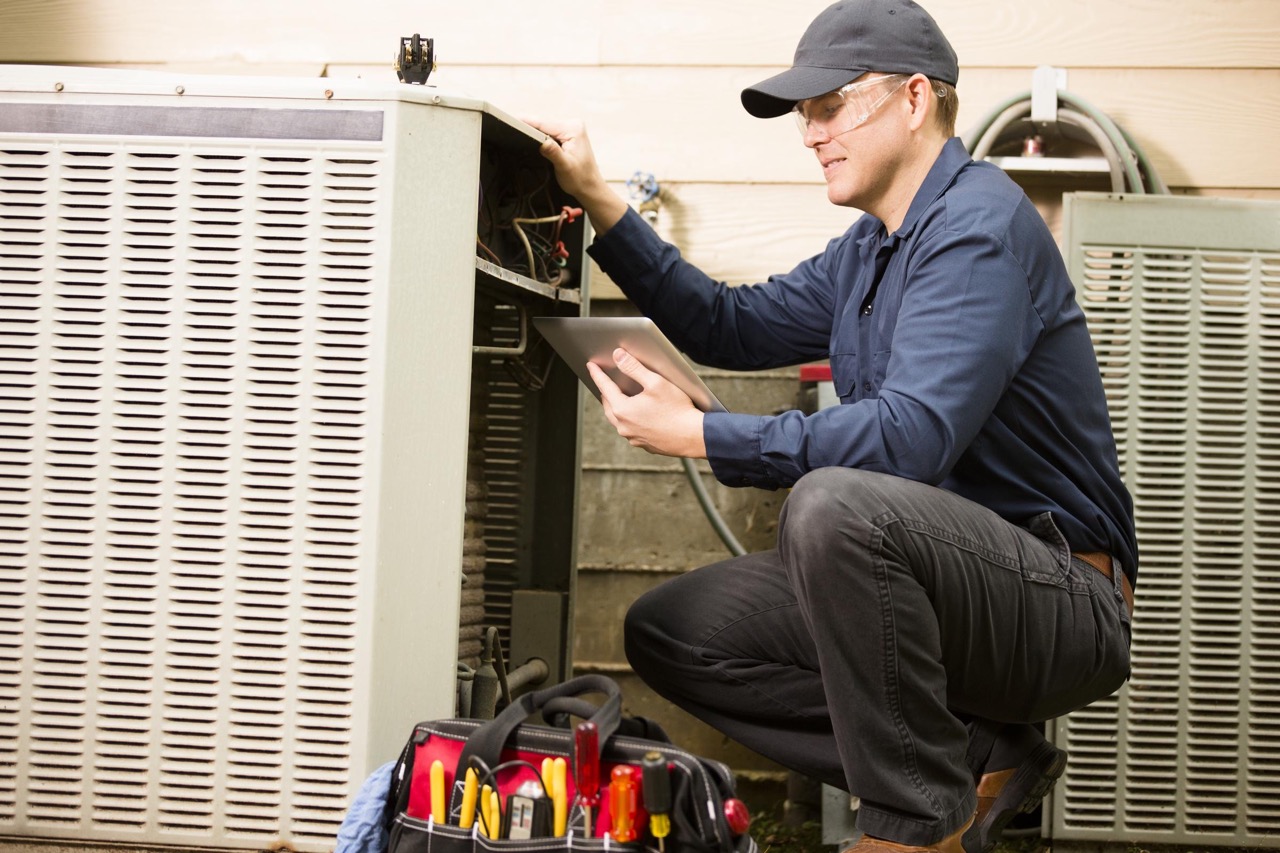

Articles
How Do I Get Into HVAC With No Experience
Modified: December 7, 2023
Discover the best articles on how to break into the HVAC industry with no prior experience. Gain valuable insights and tips to start your HVAC career today.
(Many of the links in this article redirect to a specific reviewed product. Your purchase of these products through affiliate links helps to generate commission for Storables.com, at no extra cost. Learn more)
Introduction
Are you interested in a career in the HVAC industry, but don’t have any prior experience? Don’t worry! Despite the common misconception that you need experience to get into the field, there are several paths you can take to break into HVAC without any prior experience. With the right mindset, dedication, and a proactive approach, you can land an entry-level position in the HVAC industry and start your journey towards a rewarding and fulfilling career.
HVAC, which stands for heating, ventilation, and air conditioning, is a crucial industry that keeps homes, businesses, and public places comfortable and safe. HVAC technicians are responsible for installing, maintaining, and repairing heating, cooling, and ventilation systems. They play a vital role in ensuring indoor air quality, energy efficiency, and overall comfort for occupants.
Choosing a career in HVAC comes with a range of benefits. The industry offers stability and job security, as HVAC systems are essential and constantly in demand. With the increasing environmental concerns and the need for energy-efficient solutions, the demand for skilled HVAC technicians is expected to grow even more in the coming years. Additionally, HVAC professionals often enjoy competitive wages and have opportunities for career advancement and specialization.
While prior experience may be preferred by some employers, it is not always a strict requirement, especially for entry-level positions. Employers recognize that everyone has to start somewhere, and many are willing to hire candidates who demonstrate the right attitude, willingness to learn, and a strong work ethic.
In the following sections, we will explore the various skills and qualifications needed for a career in HVAC, ways to gain experience, training and education options, as well as job search strategies, including networking and applying for entry-level positions. We’ll also provide tips for interviews and discuss the potential for advancement in the HVAC industry.
So, if you’re ready to embark on a new journey in the HVAC field and are willing to put in the effort to learn and grow, let’s dive in and discover how you can get into HVAC with no prior experience!
Key Takeaways:
- Breaking into the HVAC industry without prior experience is achievable with dedication and a proactive approach. From gaining hands-on experience to networking and applying for entry-level positions, there are various paths to kickstart a rewarding career in HVAC.
- Advancement in the HVAC field is possible through specialization, supervisory roles, project management, business ownership, and continuing education. Embracing opportunities for growth and staying updated with industry developments are key to long-term success in the industry.
Read more: How Do I Become A HVAC Technician
Understanding HVAC
Before delving into how to get into HVAC with no experience, it’s important to have a basic understanding of what HVAC entails. HVAC stands for heating, ventilation, and air conditioning, and it encompasses various systems and technologies that control the indoor environment.
Heating systems are responsible for keeping spaces warm during colder months. They can include furnaces, boilers, heat pumps, or radiant heating systems. Ventilation systems ensure proper airflow within a building, preventing stale air and promoting indoor air quality. Air conditioning systems, on the other hand, provide cooling and dehumidification, ensuring comfortable temperatures during hotter months.
Modern HVAC systems often integrate heating, ventilation, and air conditioning into one system, known as HVACR (refrigeration). This enables comprehensive control over temperature and humidity levels, making spaces comfortable and energy-efficient.
Understanding the fundamentals of HVAC is crucial for anyone looking to enter the industry. Familiarizing yourself with the different types of systems, components, and terminology will not only help you in your career but also during the job search and interview process. It demonstrates your genuine interest and commitment to the field.
Additionally, HVAC technicians need to have a good grasp of the principles of thermodynamics, fluid mechanics, electrical circuits, and refrigeration. These foundational concepts form the basis for troubleshooting, diagnosing, and maintaining HVAC systems.
While a comprehensive understanding of HVAC may take time to acquire, it’s beneficial to start learning the basics now. You can find numerous online resources, books, and courses that cover the essentials of HVAC. Take advantage of these learning opportunities to gain a solid foundation in the field.
By demonstrating your knowledge and passion for HVAC, you’ll stand out to potential employers and increase your chances of landing an entry-level position.
Now that we have a solid understanding of HVAC, let’s explore the benefits of pursuing a career in this industry and the skills and qualifications needed to succeed.
Benefits of a Career in HVAC
Choosing a career in the HVAC industry offers a multitude of benefits. From job security to competitive salaries, here are some compelling reasons to consider a career in HVAC:
- Job Stability: HVAC systems are an essential part of residential, commercial, and industrial buildings. Regardless of economic conditions, people will always need heating, ventilation, and air conditioning services. This provides HVAC professionals with a stable job outlook and less susceptibility to downturns in the economy.
- High Demand: As awareness of environmental issues and energy efficiency grows, there is an increasing demand for skilled HVAC technicians who can install and maintain energy-efficient systems. The demand for HVAC technicians is projected to grow significantly in the coming years, providing ample job opportunities.
- Competitive Salaries: HVAC technicians receive competitive pay based on their experience and level of expertise. Entry-level positions often offer attractive starting salaries, and with time and experience, technicians can earn higher wages. Alongside a regular wage, some HVAC professionals also have the potential to earn additional income through overtime work or commission-based incentives.
- Hands-on Work: If you enjoy working with your hands and solving problems, a career in HVAC offers just that. HVAC technicians engage in practical, hands-on work, installing, repairing, and maintaining various HVAC systems. This allows you to see the direct impact of your work and provides a sense of accomplishment.
- Varied Work Settings: HVAC professionals have the opportunity to work in a variety of settings. Whether it’s residential homes, commercial buildings, industrial facilities, or even specialized areas such as healthcare or data centers, there is a wide range of work environments to choose from. This diversity keeps the work interesting and allows for continuous learning and growth.
- Career Advancement: The HVAC industry offers opportunities for career advancement and specialization. With experience, additional certifications, and continuous education, you can move up the ladder and take on roles such as HVAC supervisor, project manager, or even start your own HVAC business. The ability to grow and advance in your career is an attractive prospect for many.
- Rewarding Work: Helping people achieve comfort in their homes, improving indoor air quality, and providing energy-efficient solutions are some of the rewarding aspects of a career in HVAC. Knowing that your work positively impacts the lives of others can bring a sense of fulfillment and job satisfaction.
Considering these benefits, it’s evident that a career in HVAC can offer stability, growth, competitive wages, and rewarding work. The industry’s combination of technical skills, problem-solving, and customer service creates a dynamic and fulfilling career path for those interested in the field.
Now that we’ve explored the benefits, let’s move on to discussing the essential skills and qualifications needed to excel in the HVAC industry.
Skills and Qualifications Needed
While prior experience may not be mandatory for entry-level positions in HVAC, there are certain skills and qualifications that can greatly enhance your chances of landing a job in the industry. Here are some essential skills and qualifications needed for a career in HVAC:
- Technical Skills: Proficiency in technical skills is crucial in the HVAC industry. This includes an understanding of electrical systems, mechanical systems, refrigeration principles, and HVAC equipment. Familiarity with tools and equipment commonly used in HVAC work, such as gauges, wrenches, and meters, is also important.
- Problem-Solving Abilities: HVAC technicians face various challenges and troubleshooting scenarios on the job. Being able to think critically, analyze problems, and find effective solutions is paramount. Strong problem-solving abilities, combined with attention to detail, will help you excel in the field.
- Customer Service: HVAC technicians often interact directly with customers. Excellent customer service skills are essential for building rapport, addressing concerns, and ensuring customer satisfaction. Effective communication and interpersonal skills will help you establish trust and maintain positive working relationships.
- Time Management: Being able to manage your time effectively is essential in the HVAC industry. HVAC technicians often have multiple service calls and repair projects to complete in a day. Prioritizing tasks, managing schedules, and working efficiently will help you meet deadlines and deliver quality work.
- Physical Stamina: HVAC work can be physically demanding, requiring technicians to lift heavy equipment, climb ladders, and work in confined spaces. Good physical stamina and strength are necessary to perform the job safely and effectively.
- Problem-Solving Abilities: HVAC technicians face various challenges and troubleshooting scenarios on the job. Being able to think critically, analyze problems, and find effective solutions is paramount. Strong problem-solving abilities, combined with attention to detail, will help you excel in the field.
- Educational Qualifications: While a formal degree is not always required, completing a post-secondary HVAC program or obtaining a relevant certification can significantly enhance your employment prospects. These programs provide comprehensive training in HVAC fundamentals, industry regulations, and hands-on experience. Some employers may also prefer candidates with certifications such as the EPA Section 608 certification for handling refrigerants.
Developing and showcasing these skills can set you apart from other applicants and increase your chances of securing an entry-level position in HVAC. Even if you lack prior experience, demonstrating a strong work ethic, willingness to learn, and a passion for the industry can make a positive impression on potential employers.
In the next sections, we will discuss various ways to gain experience, training and education options, as well as effective job search strategies to help you get started on your HVAC career path.
Ways to Gain Experience
While getting into the HVAC industry with no prior experience may seem challenging, there are several ways you can gain valuable experience to kickstart your career. Here are some effective strategies to help you gain experience in the HVAC field:
- Apprenticeships: Consider enrolling in an apprenticeship program, which combines on-the-job training with classroom instruction. Apprenticeships allow you to learn from experienced HVAC technicians while gaining hands-on experience. Many apprenticeships are paid, which means you can earn while you learn.
- Trade Schools: Attend a trade school or vocational institute that offers HVAC programs. These programs provide in-depth training on the technical aspects of HVAC systems. Look for schools that have partnerships with local HVAC companies, as they may provide internship opportunities or job placement assistance upon graduation.
- Volunteer or Part-Time Work: Offer to volunteer or work part-time at HVAC companies or with HVAC technicians. Although it may not pay initially, the experience and exposure you gain will be invaluable. Reach out to local HVAC businesses and inquire if they have any openings or opportunities to gain hands-on experience.
- Networking: Connect with individuals already working in the HVAC industry. Networking can provide you with insights into the industry, job leads, and potential mentors who can guide you in gaining experience. Attend industry events, join professional HVAC organizations, and utilize online platforms like LinkedIn to build connections.
- Online Courses and Tutorials: Take advantage of online resources, courses, and tutorials that offer HVAC education. Several websites and platforms provide free or affordable training modules and instructional videos that can help you grasp the technical aspects of HVAC systems and gain practical knowledge.
- Home Projects: Apply your knowledge and skills by working on HVAC projects at home or for friends and family. Offer to troubleshoot or perform basic maintenance tasks on their HVAC systems. While these projects may not be as complex as professional installations or repairs, they provide an opportunity to practice your skills and gain confidence.
- Continuing Education: Stay updated on industry trends, new technologies, and regulations by participating in continuing education courses and workshops. Building a strong foundation of knowledge and staying current with industry advancements will make you a valuable asset to potential employers.
By pursuing these avenues to gain experience, you can demonstrate your commitment to learning and developing the necessary skills for a successful career in HVAC. Remember, the more experience you have, the more attractive you’ll be to employers. It showcases your dedication to the field and your willingness to invest in your professional growth.
In the next section, we will explore training and education options that can further enhance your qualifications and increase your chances of securing an entry-level position in HVAC.
Read more: How Can I Get A Free HVAC System?
Training and Education Options
Having the right training and education is essential when pursuing a career in HVAC, even if you don’t have any prior experience. Investing in your education will not only provide you with the necessary knowledge and skills but also make you a more competitive candidate in the job market. Here are some training and education options to consider:
- Trade Schools: Trade schools or vocational institutes offer HVAC programs that provide comprehensive training in HVAC systems, equipment, and installation techniques. These programs typically span from several months to two years and include both classroom instruction and hands-on experience.
- Community Colleges: Many community colleges offer HVAC programs that provide a mix of theoretical knowledge and practical training. These programs usually award associate degrees or certificates upon completion and cover a wide range of HVAC topics, from basic principles to advanced techniques.
- Apprenticeship Programs: Apprenticeships are a combination of on-the-job training and classroom instruction. These programs allow you to earn a wage while working alongside experienced HVAC professionals. Apprenticeships typically last 3-5 years and provide in-depth training and mentorship to help you develop the necessary skills.
- Online Courses: Several reputable online platforms offer HVAC courses that allow you to learn at your own pace from the comfort of your home. These online courses cover various HVAC topics and can be a more flexible option for those with limited availability or who prefer self-paced learning.
- Manufacturer Training Programs: HVAC manufacturers often provide training programs and workshops on their specific equipment and systems. These programs can enhance your knowledge of specific brands and technologies and make you a valuable asset to employers that work with those manufacturers.
- Continuing Education: Even after completing your initial training, it’s crucial to continue your education to stay updated on the latest advancements in HVAC technology and regulations. Participating in continuing education courses, workshops, and industry conferences will ensure that your skills remain current and relevant.
When selecting a training or education option, consider factors such as program duration, cost, curriculum, and the reputation of the institution. Look for programs that offer a combination of theoretical knowledge and hands-on experience to provide you with a well-rounded education.
Additionally, certifications can enhance your credentials and demonstrate your expertise to employers. The Environmental Protection Agency (EPA) Section 608 certification, for example, is required for handling refrigerants and is highly regarded in the HVAC industry. Other certifications, such as the North American Technician Excellence (NATE) certification, can further enhance your qualifications and marketability.
By investing in your training and education, you’ll develop a strong foundation of knowledge and skills that will set you apart from other candidates and increase your chances of finding entry-level opportunities in the HVAC industry.
In the next section, we will discuss effective job search strategies, including networking and building connections.
Consider starting as an HVAC apprentice or enrolling in a trade school program. Look for entry-level positions to gain hands-on experience and consider obtaining relevant certifications to boost your credentials.
Job Search Strategies
When it comes to getting into HVAC with no experience, effective job search strategies can make a significant difference in your success. Here are some strategies to help you find entry-level HVAC positions:
- Networking: Networking is crucial in the job search process. Connect with professionals already working in the HVAC industry through industry events, trade shows, and online platforms like LinkedIn. Attend job fairs and local HVAC association meetings to build connections and gain insights into potential job opportunities.
- Building Connections: Building connections goes beyond networking. Reach out to HVAC companies directly to inquire about potential job openings or opportunities for apprenticeships, internships, or part-time positions. Develop relationships with contractors, suppliers, and industry professionals who may be able to refer you to job openings or vouch for your skills and work ethic.
- Online Job Portals: Utilize online job portals and websites that specialize in HVAC job postings. Upload your resume, create job alerts, and regularly check for new job listings. Tailor your resume and cover letter to highlight relevant skills and emphasize your eagerness to learn and grow in the HVAC industry.
- Company Websites: Visit the websites of HVAC companies in your area and look for career or job postings sections. Many companies prefer to hire locally, and by directly applying to their website, you can demonstrate your interest and initiative in joining their team.
- Job Shadowing: Shadowing an experienced HVAC technician can provide valuable insight into the industry and allow you to observe and learn from professionals in the field. Reach out to local HVAC companies and inquire about the possibility of shadowing their technicians for a day or a few hours to gain exposure and build relationships.
- Industry Associations: Join HVAC industry associations such as the Air Conditioning Contractors of America (ACCA) or the Plumbing-Heating-Cooling Contractors Association (PHCC). These associations often have job boards, offer training opportunities, and provide networking events that can present job leads and help you connect with professionals in the industry.
- Professionalism and Persistence: Maintain a professional demeanor throughout the job search process. Follow up on applications and interviews with thank-you notes or emails. Be persistent in your efforts and demonstrate your commitment and enthusiasm for the HVAC industry.
Remember, job searching can be competitive, especially in the HVAC field. It’s important to stay motivated, be proactive, and take advantage of every opportunity to showcase your skills and passion for the industry.
In the next section, we will provide tips for applying for entry-level HVAC positions and acing interviews to increase your chances of securing a job.
Networking and Building Connections
Networking and building connections in the HVAC industry can greatly enhance your job search efforts and open doors to new opportunities. By connecting with professionals already working in the field, you can gain valuable insights, referrals, and potential job leads. Here are some strategies to effectively network and build connections in the HVAC industry:
- Attend Industry Events: Attend local HVAC association meetings, industry conferences, and trade shows. These events provide opportunities to meet industry professionals, learn about the latest trends, and make connections. Take the time to engage in conversations, ask questions, and exchange contact information with individuals who can potentially assist you in your job search.
- Join Professional Associations: Become a member of HVAC industry associations such as the Air Conditioning Contractors of America (ACCA), the Plumbing-Heating-Cooling Contractors Association (PHCC), or other regional HVAC associations. These associations often provide networking events, educational resources, and access to job boards specifically tailored to the HVAC industry.
- Utilize Online Platforms: Create a professional profile on LinkedIn, the leading professional networking platform. Connect with HVAC professionals, join industry-specific groups, and engage in discussions. Share relevant industry articles or insights to establish yourself as a knowledgeable and engaged member of the HVAC community. Don’t be afraid to reach out to individuals directly for informational interviews or to ask for advice.
- Tap into your Personal Network: Leverage your existing network by letting friends, family, and acquaintances know about your interest in the HVAC industry. They may have connections or know someone who can provide valuable advice or even job leads. Attend social gatherings and inform those around you of your career goals, as word-of-mouth can be a powerful tool for finding opportunities.
- Build Relationships with HVAC Companies: Research HVAC companies in your area and reach out to them directly. Introduce yourself, express your interest in the industry, and inquire about potential job openings or internship opportunities. Building a personal connection with key individuals at HVAC companies can increase your chances of being considered for future roles, even if there are no immediate openings.
- Shadow and Volunteer: Offer to shadow an experienced HVAC technician for a day or volunteer your time to assist HVAC companies with tasks or projects. This hands-on experience not only helps you gain valuable insights into the industry but also allows you to build relationships with professionals who may become references or provide recommendations in the future.
- Be Genuine and Reciprocate: When networking, focus on building genuine connections rather than solely self-promotion. Show a genuine interest in others’ work, ask questions, and actively listen. Be willing to offer assistance, share knowledge, and provide support to others in the industry. Networking is a two-way street, and fostering mutually beneficial relationships can lead to long-term professional connections.
Remember, networking is about building relationships and fostering connections that can provide value beyond immediate job opportunities. It’s an ongoing process that requires continued engagement, follow-ups, and nurturing of professional relationships.
Utilize both in-person and online networking opportunities to expand your reach and maximize your chances of finding job leads and gaining insights into the industry. By actively networking and building connections, you can position yourself as a committed and motivated candidate in the eyes of potential employers.
In the next section, we will provide tips for applying for entry-level HVAC positions and acing interviews.
Applying for Entry-Level HVAC Positions
When applying for entry-level HVAC positions, it’s important to present yourself as a qualified and enthusiastic candidate. Here are some tips to help you stand out during the application process:
- Customize Your Resume: Tailor your resume to highlight relevant skills, coursework, certifications, and any hands-on experience or training you have received. Include any applicable projects or volunteer work that demonstrate your commitment to the HVAC industry.
- Emphasize Transferable Skills: If you don’t have direct HVAC experience, highlight transferable skills that are relevant to the field. These can include problem-solving abilities, technical proficiency, customer service skills, time management, and teamwork.
- Cover Letter: Write a compelling cover letter that expresses your passion for the HVAC industry and your eagerness to learn and grow. Explain how your skills and experiences align with the requirements of the entry-level position and express your commitment to providing excellent service to customers.
- Follow Application Instructions: Pay close attention to the application instructions provided by the employer. Ensure that you submit all required documents, such as resumes, cover letters, and any additional certifications or transcripts they may request.
- Show Enthusiasm: During the application process, convey your excitement and interest in the HVAC industry. Let employers know that you are eager to learn and develop your skills in the field. Expressing enthusiasm and a willingness to take on new challenges can make a positive impression.
- Professional References: Include references who can vouch for your work ethic, reliability, and ability to learn quickly. If you have any relevant references, such as instructors from HVAC programs or individuals you have shadowed or volunteered with, include them on your list of references.
- Professional Email and Phone Etiquette: Ensure that your contact details are professional and clearly visible on your resume. Use a professional email address and voicemail message. Respond promptly to any communication from potential employers and maintain a respectful and professional tone throughout your interactions.
- Expect Entry-Level Positions: Keep in mind that as a beginner in the HVAC industry, you may need to start in entry-level positions. Be open to gaining experience and proving yourself in these roles. With time and dedication, you can progress within the industry.
- Follow Up: After submitting your application, follow up with a polite email or phone call to express your continued interest in the position. This shows your initiative and enthusiasm for the opportunity.
Remember, competition for entry-level HVAC positions can be fierce, so it’s important to make your application stand out. Highlighting relevant skills, demonstrating enthusiasm, and effectively communicating your commitment to learning and growing in the HVAC industry can significantly boost your chances of securing an interview.
In the next section, we will provide tips for acing your HVAC interviews and increasing the likelihood of receiving a job offer.
Read more: How Do You Get An HVAC License
Interview Tips
Securing an interview for an HVAC position is an exciting opportunity to showcase your knowledge, skills, and passion for the industry. To increase your chances of success, here are some interview tips:
- Research the Company: Take the time to thoroughly research the company before the interview. Understand their services, clientele, values, and any recent projects or initiatives they have been involved in. This knowledge will not only impress the interviewer but also allow you to ask informed questions during the interview.
- Review HVAC Concepts: Brush up on HVAC concepts to ensure you’re prepared to discuss industry-specific topics during the interview. Be prepared to answer questions related to systems, troubleshooting techniques, and safety procedures. Review common HVAC terminology and be ready to demonstrate your understanding of industry practices.
- Showcase Your Technical Skills: Highlight your technical skills and any hands-on experience you have gained throughout your training or apprenticeship. Discuss specific projects, tasks, or challenges you have successfully completed. Provide examples that demonstrate your ability to work with HVAC equipment and problem-solve effectively.
- Explain Your Passion for HVAC: Clearly articulate your passion for the HVAC industry and why you’re interested in pursuing a career in this field. Discuss the aspects of HVAC that excite you and how you see yourself contributing to the industry. Employers value candidates who are genuinely enthusiastic about the work they do.
- Emphasize Customer Service Skills: Customer service is an essential aspect of HVAC work. Showcase your ability to communicate effectively, empathize with customers, and handle challenging situations. Highlight any previous experiences where you have successfully resolved customer concerns or provided exceptional service.
- Ask Thoughtful Questions: Prepare a list of thoughtful questions to ask the interviewer. Inquire about the company’s culture, opportunities for growth and development, and their expectations for the role you’re applying for. This demonstrates your interest in the company and your eagerness to learn and contribute.
- Highlight Your Ability to Work in a Team: The HVAC industry requires collaboration with team members and good communication skills. Discuss your past experiences working in a team environment and your ability to contribute effectively. Emphasize your willingness to learn from others and adapt to different work situations.
- Show Professionalism: Dress professionally, arrive on time, and present yourself with confidence. Maintain a positive and professional demeanor throughout the interview. Demonstrate your ability to handle pressure, be flexible, and adapt to changing situations – qualities that are essential in the HVAC industry.
- Follow Up After the Interview: After the interview, send a thank-you note or email to express your gratitude for the opportunity to interview. Reiterate your interest in the position and your enthusiasm for joining the company. This small gesture can leave a lasting impression on the interviewer.
Remember, an interview is not only an opportunity for the employer to assess your fit for the role but also a chance for you to evaluate if the company aligns with your career goals and values. Be prepared, confident, and genuine in your responses, and you’ll increase your likelihood of receiving a job offer in the HVAC industry.
In the next section, we will discuss advancement opportunities in the HVAC field and how you can progress in your career.
Advancement Opportunities
The HVAC industry offers numerous opportunities for career growth and advancement. With dedication, ongoing learning, and gaining experience, you can progress in your career and take on more challenging and rewarding roles. Here are some common advancement opportunities in the HVAC field:
- Specialization: One way to advance in your HVAC career is to specialize in a specific area of the industry. This could include focusing on a particular system type, such as commercial HVAC systems or refrigeration, or specializing in energy efficiency and green technologies. Specializing allows you to deepen your knowledge and become a sought-after expert in your chosen field.
- Supervisory Roles: With experience and leadership skills, you can advance to supervisory or management positions. These roles involve overseeing a team of HVAC technicians, managing projects, and ensuring quality work and customer satisfaction. Advancement to a supervisory role requires not only technical proficiency but also strong communication, organizational, and problem-solving skills.
- Project Management: As you gain experience in the HVAC industry, you may have the opportunity to transition into project management positions. Project managers are responsible for planning, coordinating, and executing HVAC projects, ensuring they are completed on time, within budget, and to client specifications. This role requires a comprehensive understanding of HVAC systems and excellent organizational and leadership skills.
- Business Ownership: For those with an entrepreneurial spirit, starting your own HVAC business is a possibility. Owning a business allows you to have full control over your work, take on a variety of projects, and build a team of skilled technicians. However, this path requires not only technical expertise but also business acumen and the ability to manage the financial, marketing, and administrative aspects of running a company.
- Continuing Education and Certifications: To stay ahead in the HVAC industry, continuing education is essential. Stay updated on the latest technologies, techniques, and industry regulations through workshops, seminars, and certifications. Certifications, such as those offered by North American Technician Excellence (NATE), can showcase your expertise and increase your marketability for advanced positions.
- Educational Roles: With a combination of experience and additional education, you may have the opportunity to become an instructor or educator in the HVAC field. Teaching others allows you to share your knowledge and help shape the next generation of HVAC professionals. This role requires excellent communication skills, patience, and a strong commitment to ongoing learning.
Advancement in the HVAC industry is not limited to these opportunities alone. As technology continues to evolve, new opportunities may arise, such as working with smart HVAC systems or specializing in sustainable energy solutions. Remaining adaptable, continuously improving your skills, and staying updated with industry developments will position you for success in seizing advancement opportunities.
Remember, career advancement often requires a combination of technical proficiency, leadership skills, and a proactive mindset. Embrace opportunities for growth, seek out mentors, and strive to be a lifelong learner in the HVAC field.
Now that you have a better understanding of the potential advancement opportunities, let’s summarize what we’ve discussed so far.
Conclusion
Getting into the HVAC industry without any prior experience may seem intimidating, but it is entirely possible with the right mindset, dedication, and a proactive approach. The HVAC industry offers stable employment, competitive wages, and opportunities for career growth. By following the strategies outlined in this article, you can increase your chances of securing an entry-level position and embarking on a fulfilling career in HVAC.
Start by understanding the fundamentals of HVAC and the benefits of a career in this field. Familiarize yourself with the skills and qualifications needed and explore ways to gain experience, whether through apprenticeships, volunteer work, or trade schools. Invest in training and education options to enhance your knowledge and credibility in the industry. Utilize networking strategies to build connections and take advantage of job search techniques, such as online portals and direct applications to HVAC companies.
Once you secure an interview, prepare by researching the company, reviewing HVAC concepts, and emphasizing your technical skills, customer service abilities, and passion for the industry. During the interview, demonstrate professionalism, ask thoughtful questions, and follow up afterward with a thank-you note or email to express your continued interest and gratitude.
As you gain experience in the HVAC field, look for opportunities to specialize, advance to supervisory or management roles, or even consider starting your own business. Continue your professional development through continuing education and certifications to stay up-to-date with industry advancements and remain competitive.
Remember that success in the HVAC industry relies on a combination of technical expertise, problem-solving abilities, customer service skills, and a commitment to ongoing learning. Embrace the challenges and rewards that come with a career in HVAC, and you’ll pave the way towards a fulfilling and prosperous professional journey.
So, if you’re ready to embark on this exciting adventure in HVAC, take the first step, apply the strategies shared in this article, and make your mark in the industry. Good luck on your journey to getting into HVAC with no experience!
Frequently Asked Questions about How Do I Get Into HVAC With No Experience
Was this page helpful?
At Storables.com, we guarantee accurate and reliable information. Our content, validated by Expert Board Contributors, is crafted following stringent Editorial Policies. We're committed to providing you with well-researched, expert-backed insights for all your informational needs.
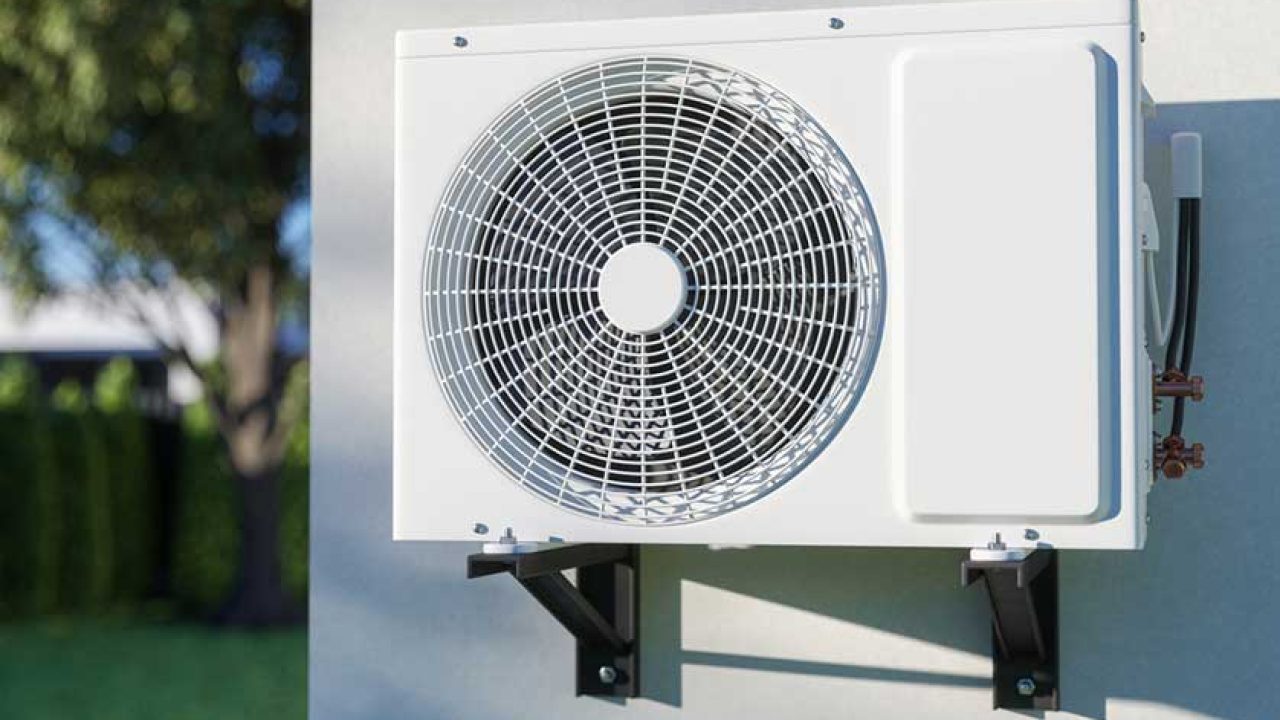


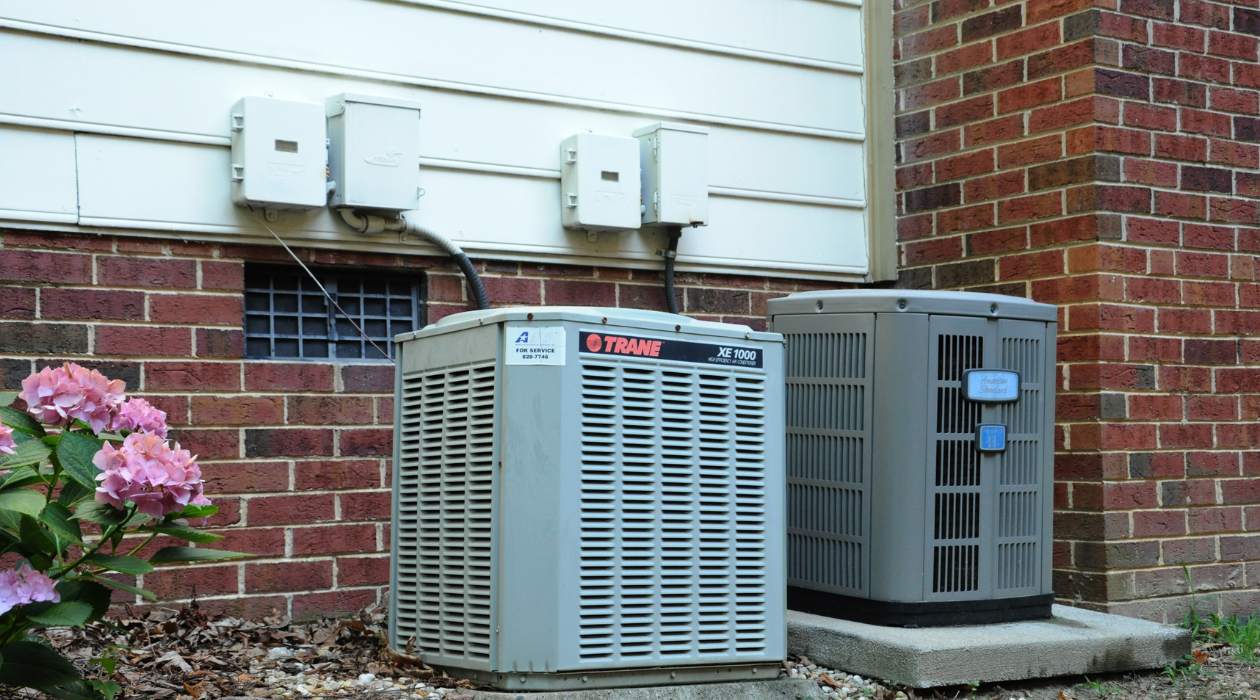
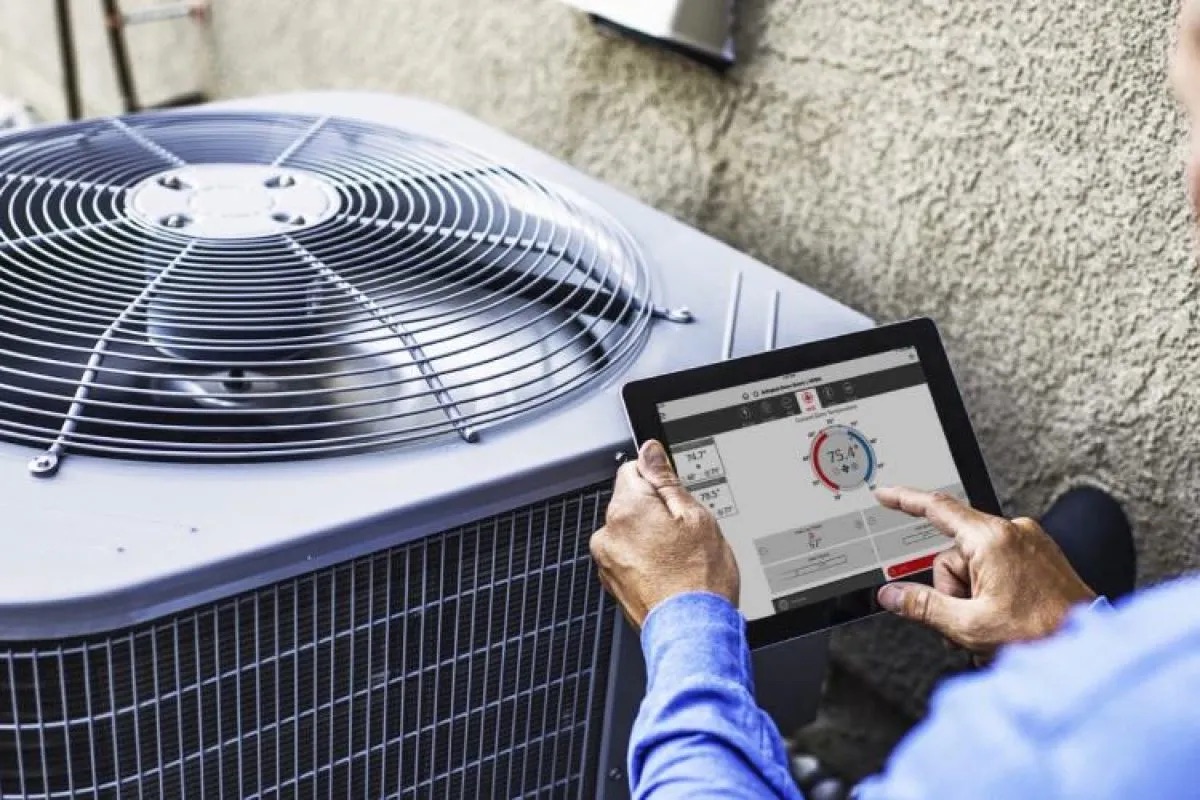
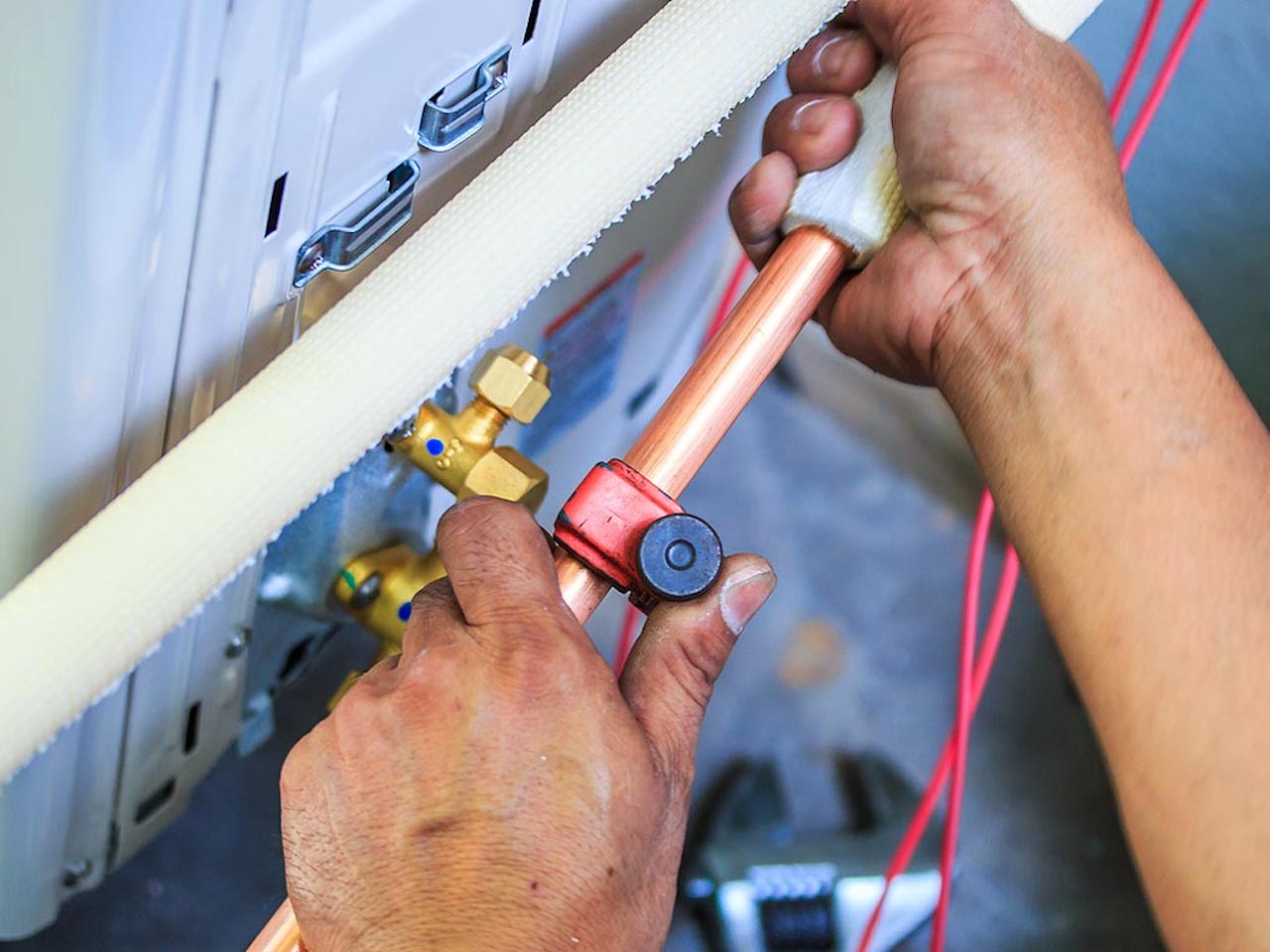
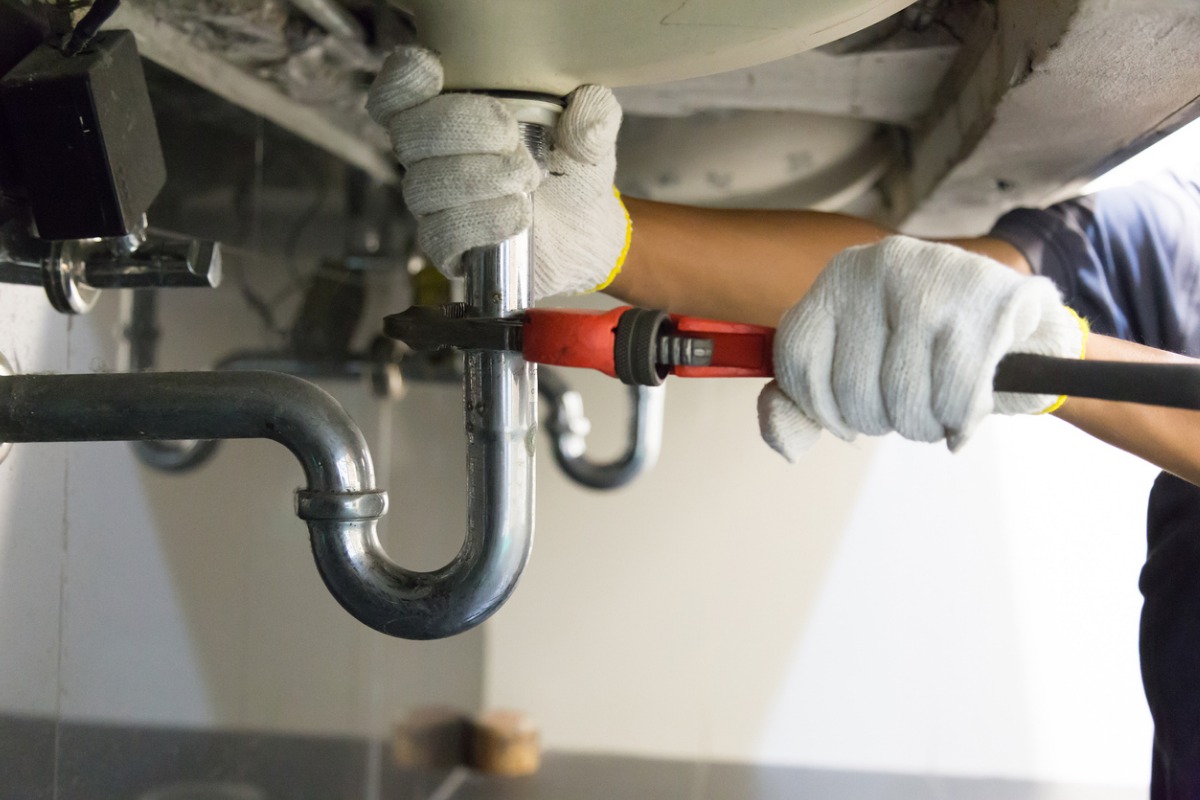
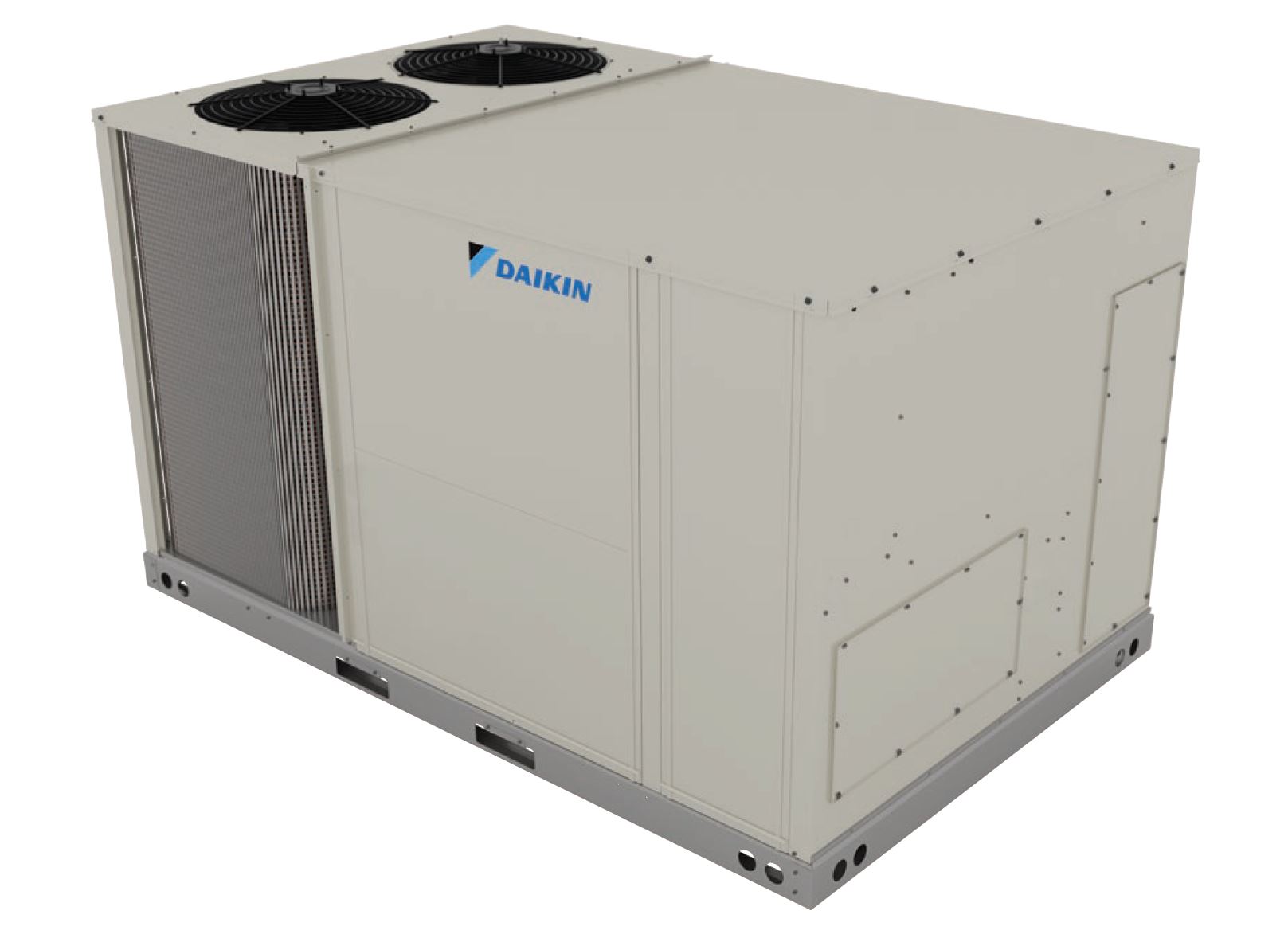






0 thoughts on “How Do I Get Into HVAC With No Experience”